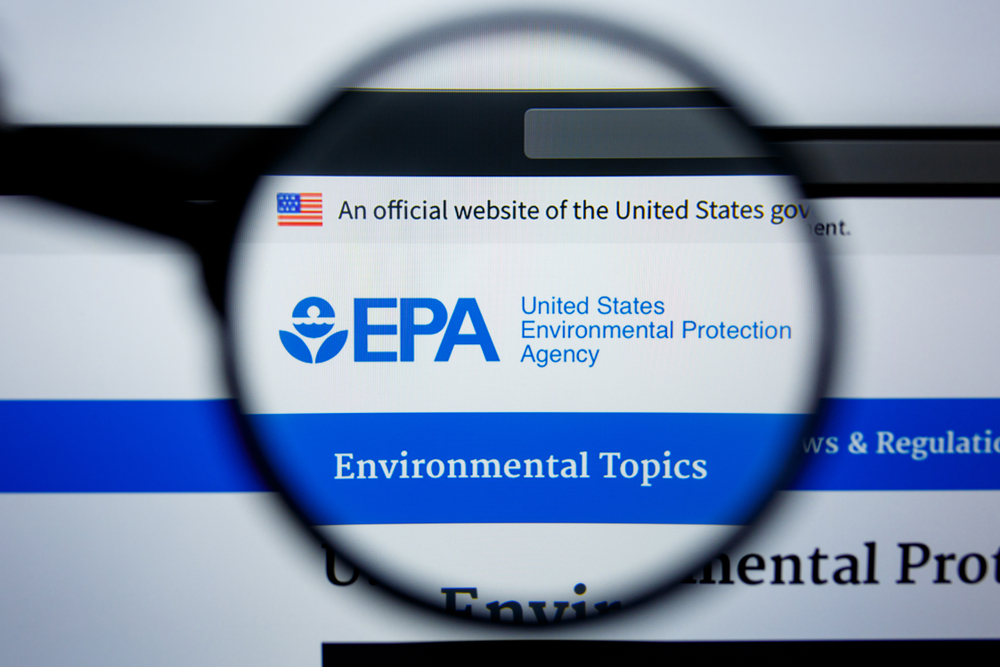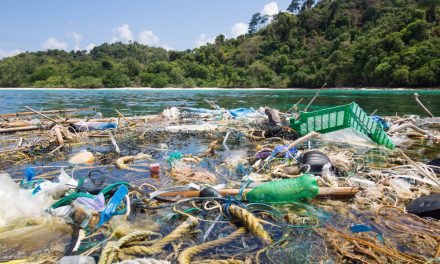The Environment Protection Agency plans to limit the scientific research that the government can use to form public health regulations, according to The New York Times.
A draft of the EPA’s proposal obtained by the Times would require scientists to reveal their raw data, including confidential medical records, for the agency to consider a study’s conclusions. The move would hamper the enactment of new clean air and water regulations, which are primarily rooted in academic studies that rely on confidentiality agreements because of personal health disclosures.
RELATED STORY:
The draft proposal expands on a previous version championed by Scott Pruitt, the Administrator at the time who lost his job last year amid a lengthy list of ethics controversies. But unlike the earlier draft, the new plan would apply retroactively, halting the further use of studies already cited by the EPA that don’t comply with the new proposal.
Publishing data is common in many branches of science, but health-related scientists are subject to patient privacy restrictions and may not publish the raw data.
RELATED STORY:
The EPA said in a statement that the agency is committed to science transparency and is working to finalize the supplemental in 2020, adding:
“Under The Trump Administration, EPA is focused on providing certainty to the American public on the science being used in developing rules and regulations.”
RELATED STORY:
The Union of Concerned Scientists said last year that the original draft of the proposal would require agency employees “to put on blinders and only see the science that they want them to see.”
The agency also indicated that the Times story is not completely accurate, saying:
“(it) is based on a leaked preliminary draft version of the Supplemental, not the actual text submitted to the [Office of Management and Budget].”
The statement said the EPA would issue a final rule in 2020 that would “take into account the comments received in response to both the 2018 proposed rule and this supplemental [federal register notice] as well as those submitted by the Science Advisory Board.”












